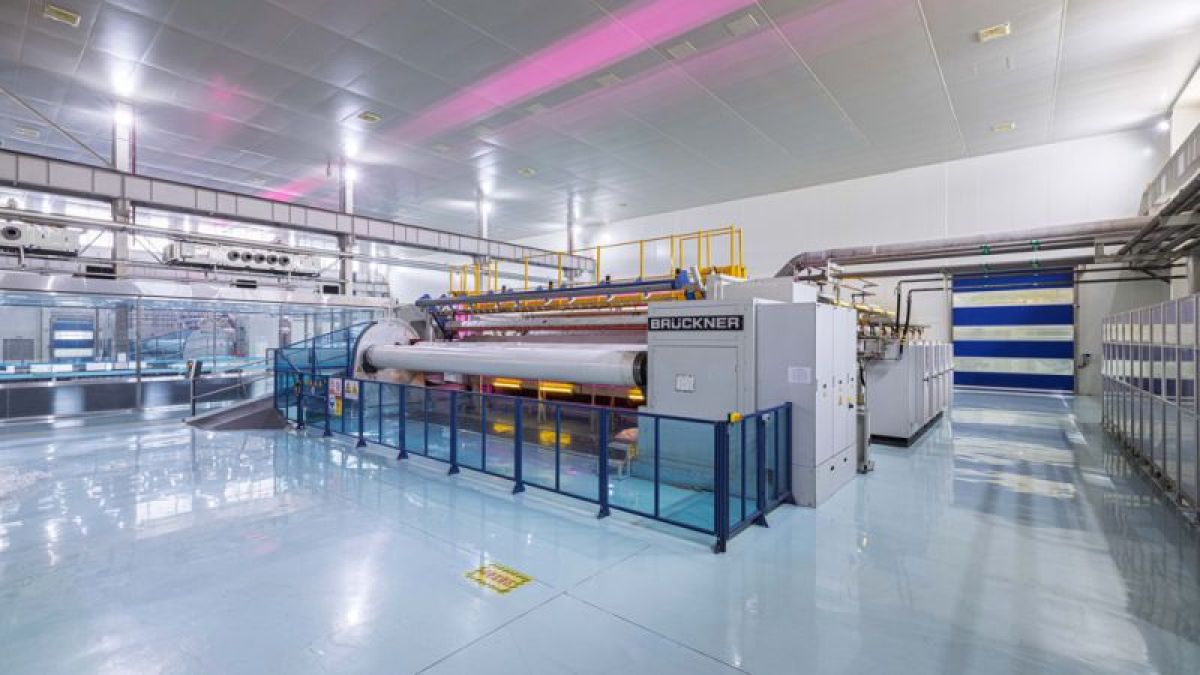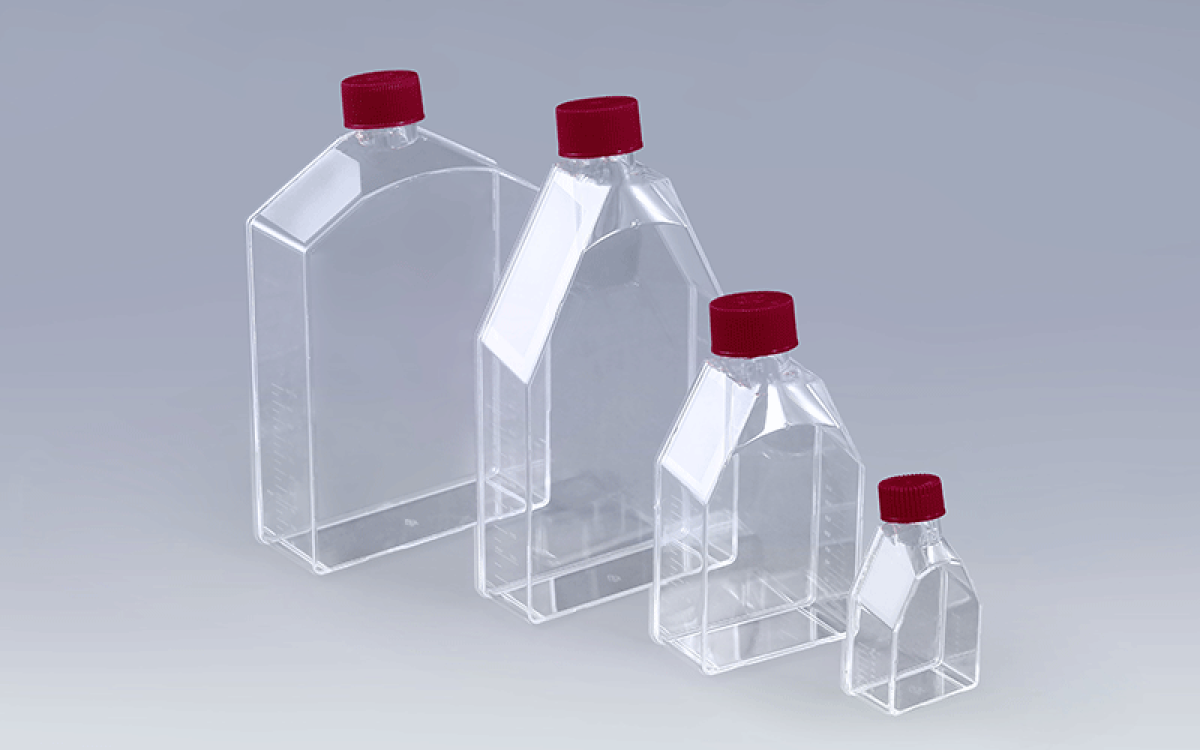Tissue culture flasks play a vital role in stem cell and regenerative medicine research, With Psmaterial and TC-treated surfaces, they provide consistent adhesion, transparency, and scalabilitysupporting MSC and iPSC expansion from laboratory to clinical production.
As regenerative medicine and cell therapy advance rapidly, achieving stable and scalable stem cell culture has become essential for industrial translation. From basic research to clinical application, even small variations in the culture environment can significantly affect cell proliferation, differentiation, and phenotype stability. Therefore, selecting the right Tissue Culture Flask is fundamental for ensuring reproducible results.
1. The Significance of PS Material and TC Surface Treatment
Modern tissue culture flasks are primarily made from polystyrene (PS), which, after tissue culture (TC) surface treatment, becomes more hydrophilic and charged, promoting cell adhesion and spreading.
For mesenchymal stem cells (MSCs) and induced pluripotent stem cells (iPSCs), this modified surface mimics extracellular matrix (ECM) properties, creating an optimal microenvironment for growth.
In addition, PS material provides excellent optical transparency, allowing consistent microscopic observation and accurate monitoring of cell morphology and confluence.
2. Supporting Stem Cell Expansion
Tissue culture flask play a vital role in the early stages of stem cell expansion:
Small formats (T25, T75) are ideal for initial seeding and optimization,
Larger formats (T175, T225) are used for batch expansion, supplying sufficient seed cells for transfer to cell factories or bioreactors.
The flasks provide a stable gas exchange interface and uniform culture area, maintaining cell adhesion and morphology. For adherent cells like MSCs, this ensures the retention of immunomodulatory function and differentiation potential.
3. Bridging Laboratory Research and Industrial Manufacturing
As regenerative medicine moves toward clinical production, cell culture systems are evolving from open to closed and automated processes.
Tissue culture flask serve as a critical bridge—offering reliable surface properties and scalability. When integrated with medium bottles and tubing assemblies, they form a controlled, sterile environment suitable for GMP-compliant workflows.
Thus, tissue culture flasks are not only essential laboratory tools but also integral components in the industrialization of regenerative medicine.
4. Conclusion
In the fast-growing field of stem cell and regenerative medicine, selecting high-quality Tissue Culture Flask with stable surface treatment ensures consistent results and supports large-scale production.
Through precise manufacturing and ISO-certified cleanroom processes, FDCELL provides dependable culture solutions for global research and biopharmaceutical applications.




